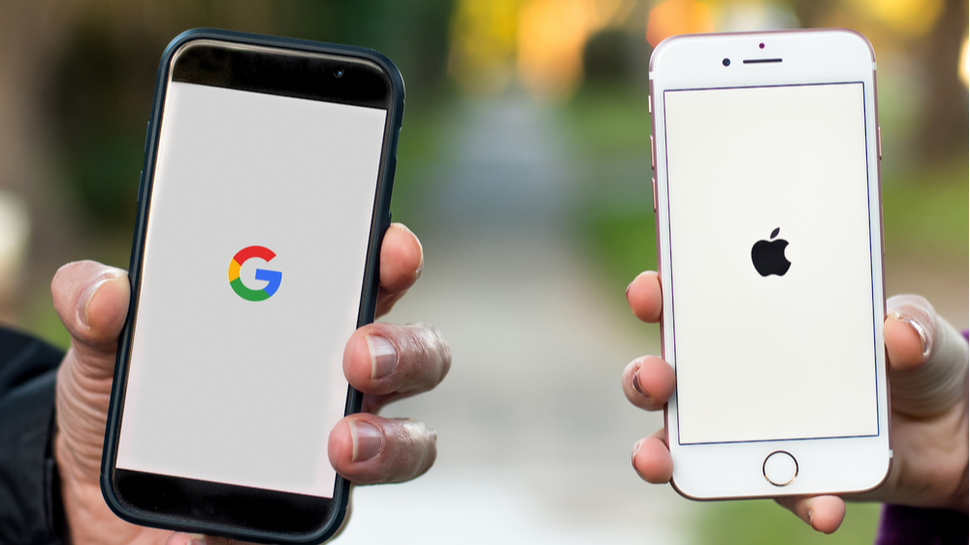Android ad spend surges following Apple’s IDFA changes
However things could be much more, advertising alliance says

Spending on Android advertising has increased up to 21% following the release of iOS 14.5’s new privacy feature, according to new data.
Known as App Tracking Transparency (ATT), Apple's new feature prompts users to explicitly allow apps to access a device ID called the Identifier for Advertisers, or IDFA. iOS 14.5 users get a pop up that asks if they want to be tracked and gives them the option to opt in.
The feature caused panic among online advertisers, many of whom expressed concern that it will dramatically reduce the effectiveness and profitability of targeted ads.
We're looking at how our readers use VPN for a forthcoming in-depth report. We'd love to hear your thoughts in the survey below. It won't take more than 60 seconds of your time.
- Check our list of the best VPN services
- We’ve also compiled a list of the best option for anonymous web browsing
- Also check our roundup of the best privacy apps for Android
Slow adoption, but high opt-in
Now, new data compiled by mobile app marketing company Liftoff based on inputs from members of the Post-IDFA Alliance, a consortium of mobile advertising companies, has analyzed the impact of iOS 14.5 on the advertising industry so far.
Liftoff notes that all of the alliance members saw a major increase in spend on Android in the nearly three weeks since the release of iOS 14.5.
While Liftoff itself saw an increase of 8.29%, another member, Vungle, recorded the highest increase with 21%.
“The new landscape is driving marketers to experiment with [ad] spend, and the data proves it. When looking at these shifts from iOS to Android in the aggregate, the net result could be an increase in overall ad spend across the industry,” notes Liftoff.
Are you a pro? Subscribe to our newsletter
Sign up to the TechRadar Pro newsletter to get all the top news, opinion, features and guidance your business needs to succeed!
Interestingly, the company notes that in the two weeks since its release, iOS 14.5 has had a slower uptake than previous releases, ranging between 11.5% and 14.92%, depending on the method used to identify a 14.5 user.
However, according to AdColony, of the users who’ve switched to the new release, 36.5% chose to opt-in to sharing their device ID when prompted.
- Protect your devices with these best antivirus software
With almost two decades of writing and reporting on Linux, Mayank Sharma would like everyone to think he’s TechRadar Pro’s expert on the topic. Of course, he’s just as interested in other computing topics, particularly cybersecurity, cloud, containers, and coding.
